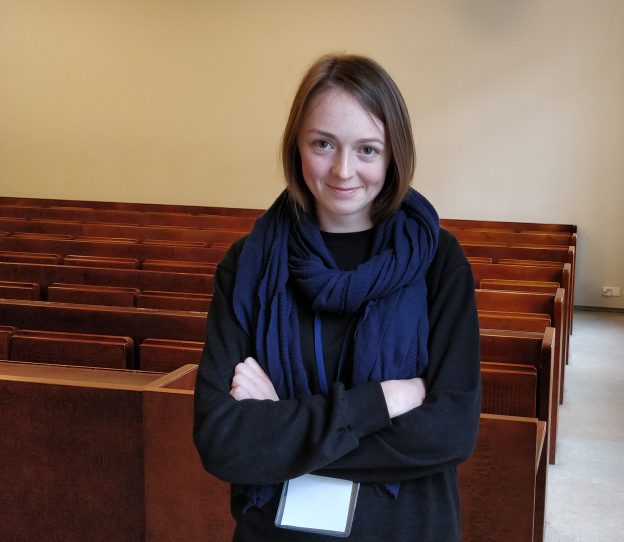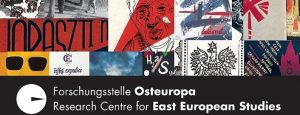by Janne Suutarinen & Olga Dovbysh
Young scholars and early career researchers have less opportunities than more experienced ones to talk about their research to general public. Our blog aims to improve this inequality: today we present new format “Interview with young scholar” where we give voice to BA, MA and PhD students. They will talk about their research and ponder about media freedom and independence in Russia.
Alexandra Barmina a sociologist, holding an MA degree from the Central European University. Her work is placed on the intersection of such research fields as labor studies, political sociology, economic sociology, state theory and cultural studies.
In October 2018, Barmina presented her study “Labor of Independent Journalists in Russia: Doubly Precarious Employment?” in the annual Aleksanteri Conference.
What are the main findings of your research?
Basically, the finding of this research is that the labour of independent journalists in Russia is precarious – not only in terms of the formal foundations of their employment as it is usually discussed in theory but also because of the political system and regime that exists in Russia, which puts some constraints on their work.
The political dimension of precarity, which I introduce, is identified by journalists as the dominant kind of insecurity they face during their daily work. Whereas the economic dimension of precarity, which in theory is generally considered the most important one, tends to be acknowledge and the political precarity neglected. It is possible that I’m not aware of this theory.
The thing is that labour relations are mostly investigated by Marxist scholars who aim to see how the neoliberal economic regime impacts employment and workers. As far as I know, in labour studies there are not many voices taking into consideration the political dimension and the regime’s impact on individual workers. Journalists as cultural or creative workers are in the Western academia largely investigated in the material perspective.


